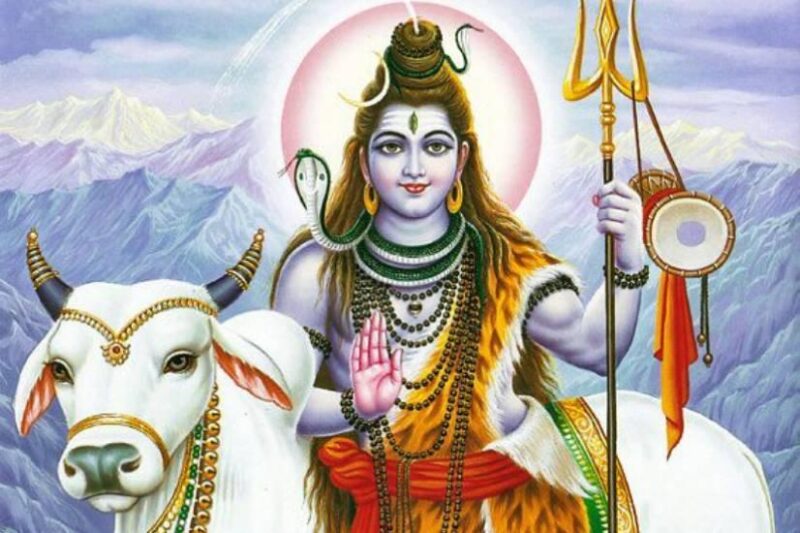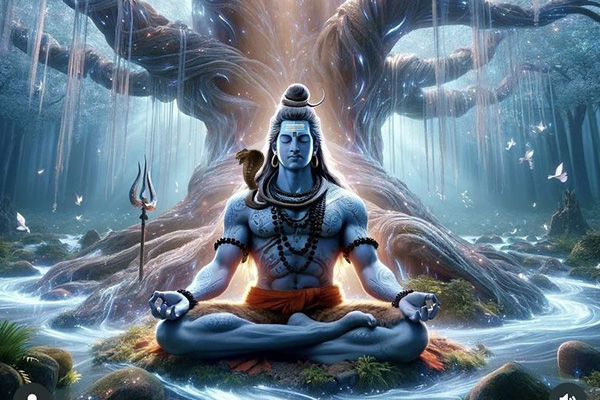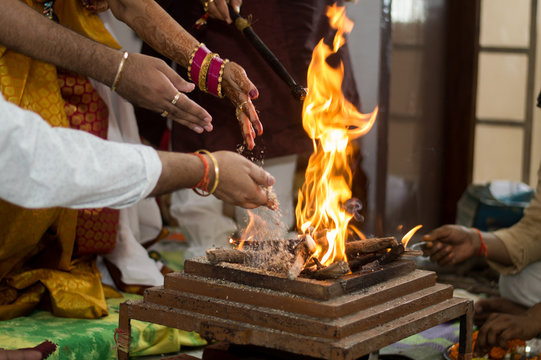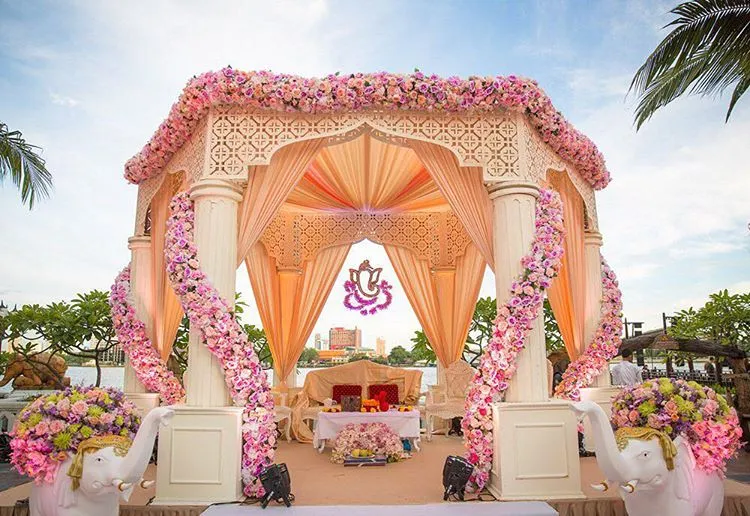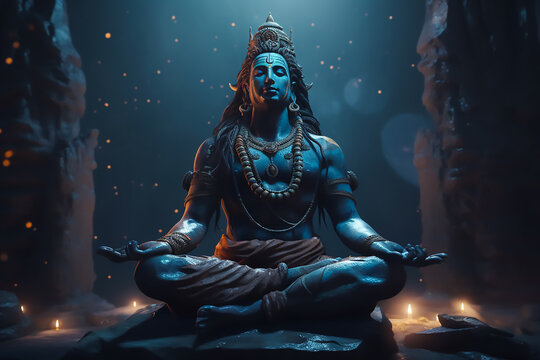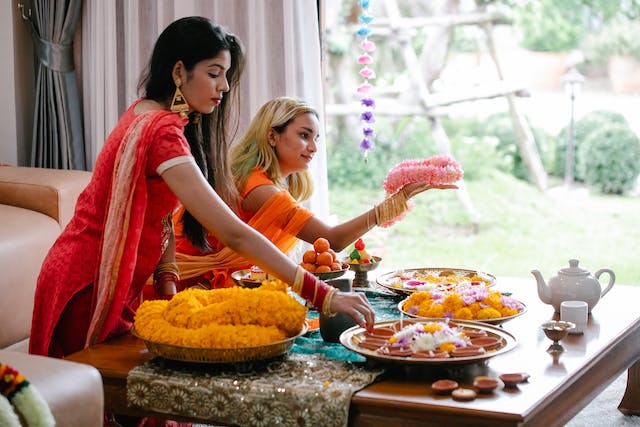Indian Funeral Traditions
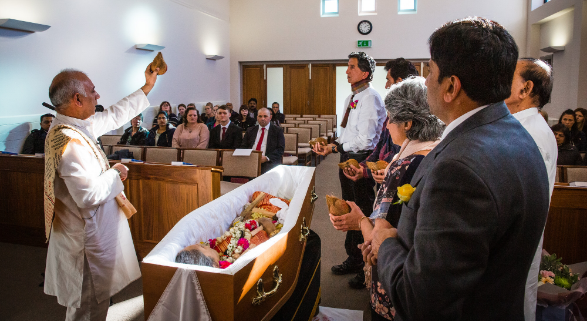
Indian Funeral Traditions
In Indian funeral traditions, The time after the death or passing away of a person in India is given a lot of importance. As per the Hindu Holy Scripture and Indian funeral traditions like the Bhagwat Gita, and Garud Purana, it is believed that the soul of the person who has just passed away is on its way to the next level of existence at such a time. As such, in Indian funeral traditions, it is with an intention to help the departed soul in a peaceful crossover to that next level of his /her existence, that Indians observe so many death rites and rituals.
What a Hindu Funeral/Indian funeral traditions?
The Hindu belief focuses on God being within each person, and the purpose of life is to gain awareness of the divine essence. Since the faith centers on reincarnation, Hindu funeral rituals help each person through this transition.
These forms of Hindu worship and rituals lead the soul toward the experience of Self or God. The soul has no beginning or end, which means that the funeral is a ceremony to help the soul pass through to reincarnation.
One such Hindu death ceremony is the Teravih. It is a period of mourning observed by Indian people, starting from the day of the death of a particular person, whether male, female, or child, to the 13th day after his /her funeral. During the tarawih death ritual, there are many rules that the family members of the deceased have to observe. For instance, they are not supposed to attend religious functions, eat certain foods like sweets, wear new clothes, or participate in any cultural activity or festivity.
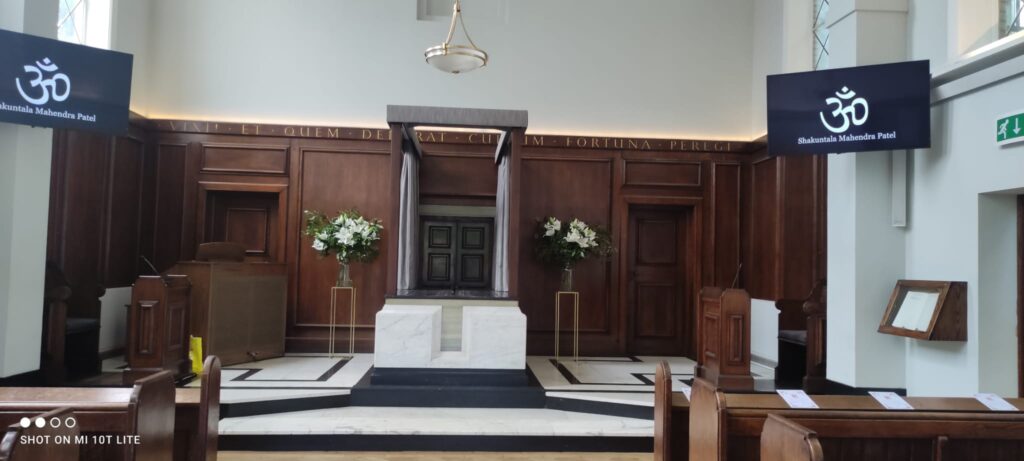
Hindus believe that after the death of a person, his soul is ready to go to another world, and that soul has to suffer with the karmas done on earth, in the Garuda Purana the karmas are described.
In Indian funeral traditions After the death of 13 days this Garud Purana is read by the Hindu priest and the other family members are taught what kind of karma you will also have to suffer, which inspires other people to do good karma.
The basic idea behind the Indians’ following all these funeral traditions is to show reverence to the deceased person.
Normally during this time, all the family members share each other’s sorrows and pray, so that the soul of the deceased person rests peacefully. Though it’s basically during tarawih that the death rites are strictly observed, traditionally, the death rites in the Hindu religion extend up to a year.
At the end of one year, all elderly members of the deceased person gather once again for the Shraad ceremony. The 3rd, 5th, 7th, or 9th day after the death of the person is also important, as all relatives gather to have a meal of the deceased’s favorite foods. A small amount of the food is offered before his /her photo and later, it is ceremonially left at an abandoned place, along with a lit diya. However, there may be slight variations in the way people of different religious sects observe this death rite.
Generally, Hindus believe that life and death are part of the concept of samsara, or rebirth. The ultimate goal for many Hindus is to become free from desire, thereby escaping samsara and attaining moksha, the transcendent state of salvation. Once moksha is attained, the soul will be absorbed into Brahman, the divine force and ultimate reality. Because of its religious origins, Indian funeral practices often align with Hindu funeral rituals.

HINDU FUNERAL RITUALS
A variety of Hindu and Indian death rituals honor the deceased and support the reincarnation process. The family gathers to practice various rituals, such as:
Washing: The washing of the body includes special ingredients, such as milk, honey, ghee, and yogurt.
Essential Oils: The person’s head may be anointed with essential oils: sandalwood for men and turmeric for women.
Dressing: Traditional Indian death rituals include a simple white sheet to dress the person who has died. More modern practices allow for contemporary, stylish clothing.
Flowers and Rice: Funeral attendees may place a garland of flowers and rice balls (known as pinda) around their loved ones. Leaves, such as basil, may also be used to adorn the body.
Lamp: Some traditional practices involve placing a lamp near the head of the person who has died.
Water: Sprinkling water on the body is a symbol of cleansing.
Hindu Funeral Prayers/Hindu Funeral Mantras
According to Hindu funeral rituals, Hindu Funeral Prayers & Hindu funeral mantras are very important in Hindu funerals because it believes that Hindu Funeral Prayers & Hindu funeral Mantras help to give peace to the soul. When Hindus are dying, they strive to attain the greatest state of consciousness possible. The family recites Hindu funeral mantras and Hindu funeral prayers according to Hindu funeral rituals, while they focus on the top of the deceased’s head. Additionally, they frequently use a mala, which is a string of beads intended to keep them focused on their Hindu funeral prayers.
Here are some Hindu funeral mantras that you can chant at a Hindu funeral to give peace to the soul.
One year memorial
A priest will conduct the Shraddha rites on the anniversary of the deceased’s death in the family’s home. Prasad (a gracious gift), often small balls of rice called pindas, will be offered to God and the departed soul. Food will also be offered to the poor in memory of the family’s ancestors
